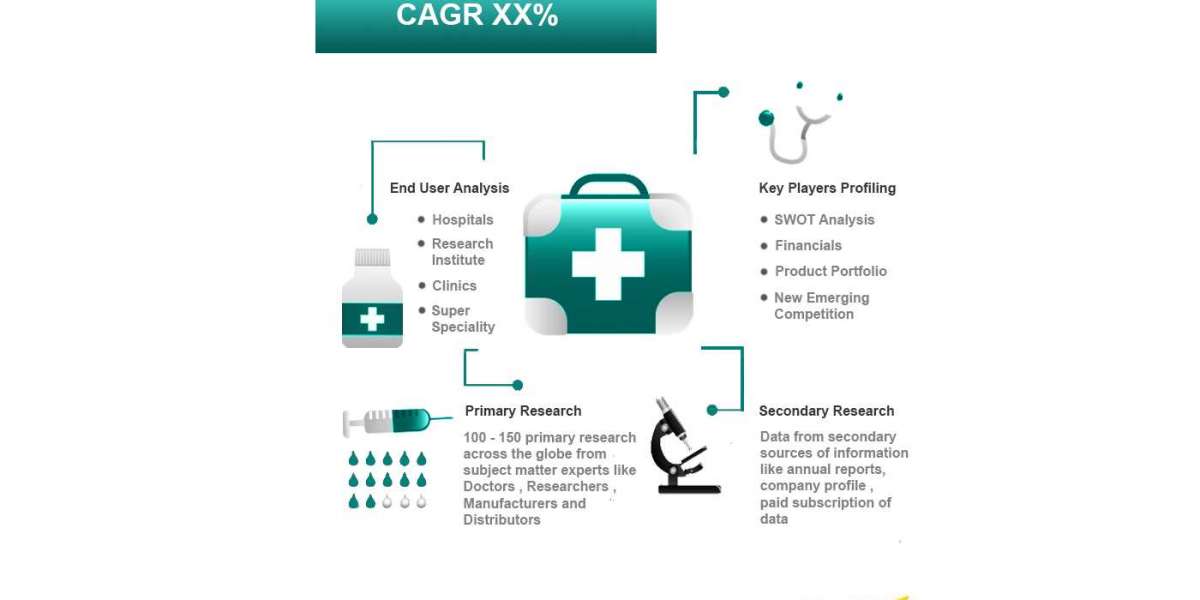In today's fast-paced world, where everything is becoming increasingly digital, businesses are finding new ways to connect with their target audience. One of the most effective strategies they've embraced is digital marketing. This article delves into the world of digital marketing, explaining what it is, how it works, and the myriad benefits it offers to businesses of all sizes.
Introduction: The Evolution of Marketing
Marketing has come a long way from traditional methods like print ads and billboards. With the advent of the internet and technological advancements, marketing has transitioned into the digital realm, giving birth to what we now know as digital marketing.
What is Digital Marketing?
Digital marketing encompasses all promotional efforts that involve electronic devices and the internet. It's a comprehensive strategy that utilizes various online channels to connect with potential customers. These channels include websites, search engines, social media platforms, emails, and more.
Components of Digital Marketing
Search Engine Optimization (SEO)
SEO involves optimizing a website to improve its visibility on search engines like Google. By using relevant keywords, creating high-quality content, and optimizing the website's structure, businesses can rank higher in search results.
Social media platforms like Facebook, Instagram, and Twitter are powerful tools for engaging with a broader audience. Businesses create profiles, share content, and interact with users to build brand awareness and loyalty.
Email Marketing
Email marketing involves sending targeted messages to a list of subscribers. It's an effective way to nurture leads, promote products, and keep customers informed about updates and promotions.
Pay-Per-Click (PPC) Advertising
PPC ads appear on search engines and other websites. Advertisers pay a fee each time their ad is clicked. It's a quick way to drive traffic to a website and attract potential customers.
Content Marketing
Content marketing focuses on creating valuable and relevant content to attract and engage a target audience. This can include blog posts, videos, infographics, and more.
Influencer Marketing
Influencer marketing leverages the popularity of individuals with a significant online following. Businesses collaborate with influencers to promote their products or services.
Affiliate Marketing
Affiliate marketing involves partnering with other businesses or individuals to promote products. The affiliate earns a commission for each sale made through their unique referral link.
How Digital Marketing Works
Understanding online consumer behavior is crucial. Businesses gather data to analyze their target audience's preferences, needs, and behaviors. This information helps in tailoring marketing strategies.
Targeting and segmentation involve dividing the audience into specific groups based on demographics, interests, and behavior. This ensures that marketing efforts are more personalized and effective.
Creating engaging content is key to capturing the audience's attention. Compelling visuals, informative articles, and entertaining videos can all contribute to keeping users engaged.
Selecting the right platforms to promote content is essential. Different platforms cater to different audiences. Businesses must choose platforms where their target audience is most active.
Analyzing and adapting involve continuously monitoring the performance of digital marketing campaigns. By analyzing metrics like website traffic, conversion rates, and social media engagement, businesses can adjust their strategies for optimal results.
Benefits of Digital Marketing
Global Reach and 24/7 Availability
Digital marketing transcends geographical boundaries, allowing businesses to reach a global audience. Additionally, online platforms are accessible 24/7, ensuring constant visibility.
Cost-Effectiveness
Compared to traditional advertising methods, digital marketing is often more cost-effective. Businesses can reach a wider audience with a smaller budget through targeted online campaigns.
Personalized Customer Experience
Digital marketing enables businesses to personalize their interactions with customers. Tailored content and offers make customers feel valued and understood.
Measurable Results and Analytics
Digital marketing provides measurable data and analytics. Businesses can track metrics like website traffic, click-through rates, and conversion rates, gaining insights into their campaigns' effectiveness.
Higher Conversion Rates
Personalized and targeted marketing efforts lead to higher conversion rates. When customers receive content that aligns with their interests, they're more likely to make a purchase.
Improved Customer Engagement
Interacting with customers through social media, emails, and other online channels boosts engagement. Responding to queries and comments humanizes the brand and strengthens customer relationships.
Building Brand Reputation
Consistent and valuable digital marketing efforts contribute to building a reputable brand. Businesses that provide helpful content and excellent service earn customer trust.
Enhancing Customer Trust and Loyalty
Regular communication fosters trust and loyalty. Engaging customers through email newsletters and social media updates keeps the brand fresh in their minds.
Staying Ahead of Competition
In today's competitive market, businesses must adapt to survive. Digital marketing gives them an edge by allowing them to reach a wider audience and respond quickly to changing trends.
Conclusion
In a digital age, digital marketing has become an indispensable tool for businesses seeking to connect with their target audience. Its multifaceted components, ability to reach a global audience, and cost-effectiveness make it a game-changer. By harnessing the power of digital marketing, businesses can create lasting relationships with customers, drive conversions, and stay ahead in a dynamic market landscape.








